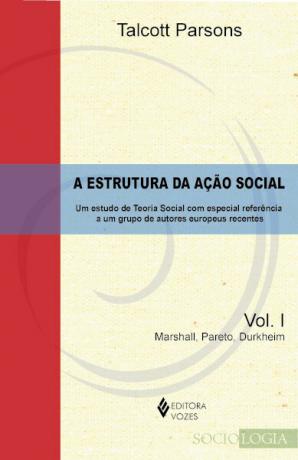Journalist, short story writer, chronicler, novelist and novelist from the Brazilian Realist School born in Jacuecanga, Angra dos Reis, State of Rio de Janeiro, considered one of the best psychologists writers in Brazilian literature due to a deep spirit of observation, characteristic of his constructions.
Son of Antônio de Ávila Pompéia, a man of resources and lawyer, and Rosa Teixeira Pompéia, he moved early, with the family, to the Court and was interned at Colégio Abílio, directed by educator Abílio César Borges, the baron of Macaúbas. He joined College D. Pedro II (1879), where he graduated in Letters (1880) and projected himself as an orator. He published his first book, the literary essay Uma Tragédia no Amazonas (1880) and the following year he released the poetry book Canções Sem Metro (1881).
Moving to São Paulo, he started the Law course in São Paulo (1881) and, getting in touch with the literary environment and the reformist ideas of the time, he engaged in the abolitionist and republican campaigns, both in academic activities and in press.
Failed in the third year (1883), he followed with 93 academics to the State of Pernambuco, and graduated in Law from the Recife Faculty (1886), but did not practice law. Back in Rio de Janeiro (1885), he pursued a career dedicated to journalism, writing articles on literary criticism and several short stories, serials and chronicles in the press at the time.
Do not stop now... There's more after the advertising ;)
He gained definitive popularity as the novel O Ateneu (1888), the year in which he also published in serials in Gazeta da Tarde, the novel Alma Morta. Once abolition was decreed, he began to dedicate himself to the campaign in favor of the establishment of the Republic. Once the Republic was proclaimed, he was appointed professor of mythology at the School of Fine Arts and, shortly thereafter, director of the National Library.
With the death of Marshal Floriano Peixoto (1895), he was accused of defying the person of the President in his explosive speech at his funeral, and was dismissed from the direction of the National Library. Broken up with friends, slandered in an article by Luís Murat, discredited by newspapers such as A Notícia, which had not published the second An article in his collaboration, he shot himself, when he was only thirty-two years old, in the city of Rio de January. He was also a skilled draughtsman and illustrated some of his and other authors' books, as well as a notable caricaturist. He is the patron of Chair N.4 33 of the Academia Brasileira de Letras.
Expanded picture from the NATIONAL LIBRARY FOUNDATION website:
http://www.cervantesvirtual.com/portal/fbn/presentacion.shtml
Source: Biographies - Academic Unit of Civil Engineering / UFCG
Order R - Biography - Brazil School
Would you like to reference this text in a school or academic work? Look:
SCHOOL, Team Brazil. "Raul de Avila Pompeia"; Brazil School. Available in: https://brasilescola.uol.com.br/biografia/raul-avila.htm. Accessed on June 29, 2021.


